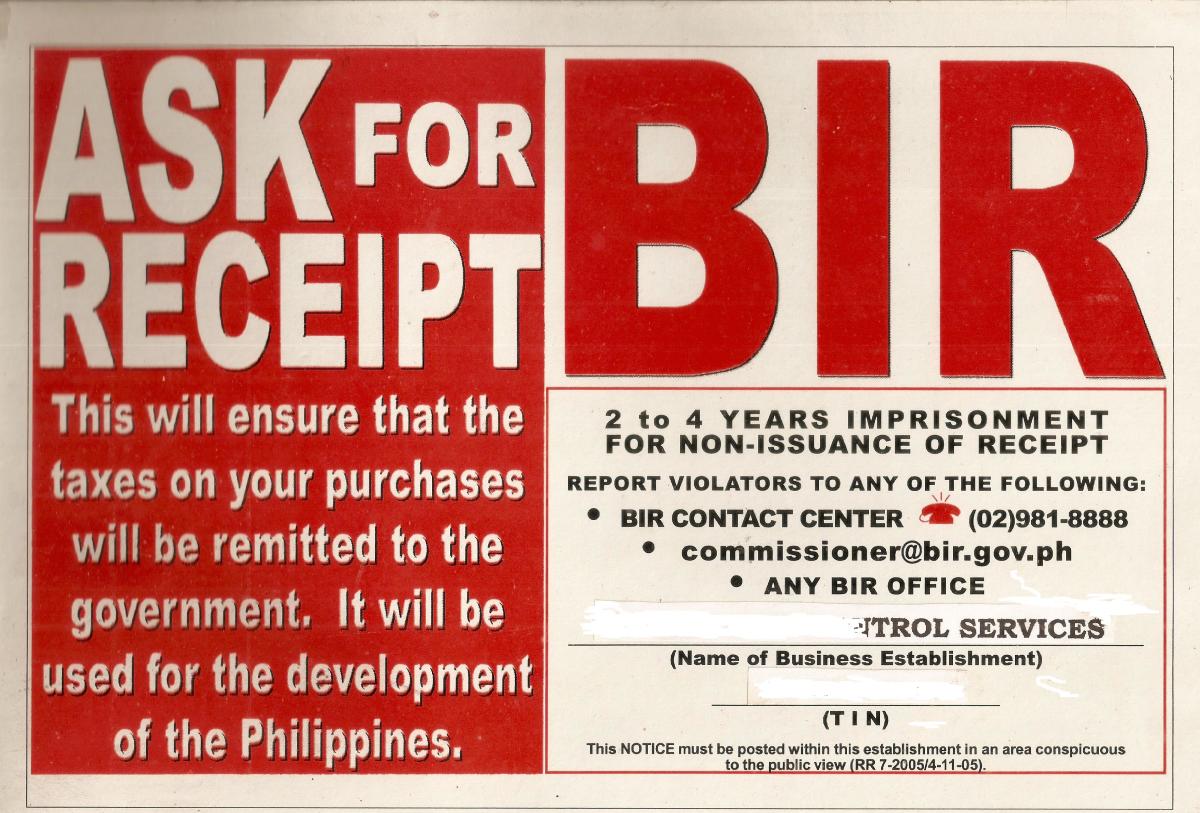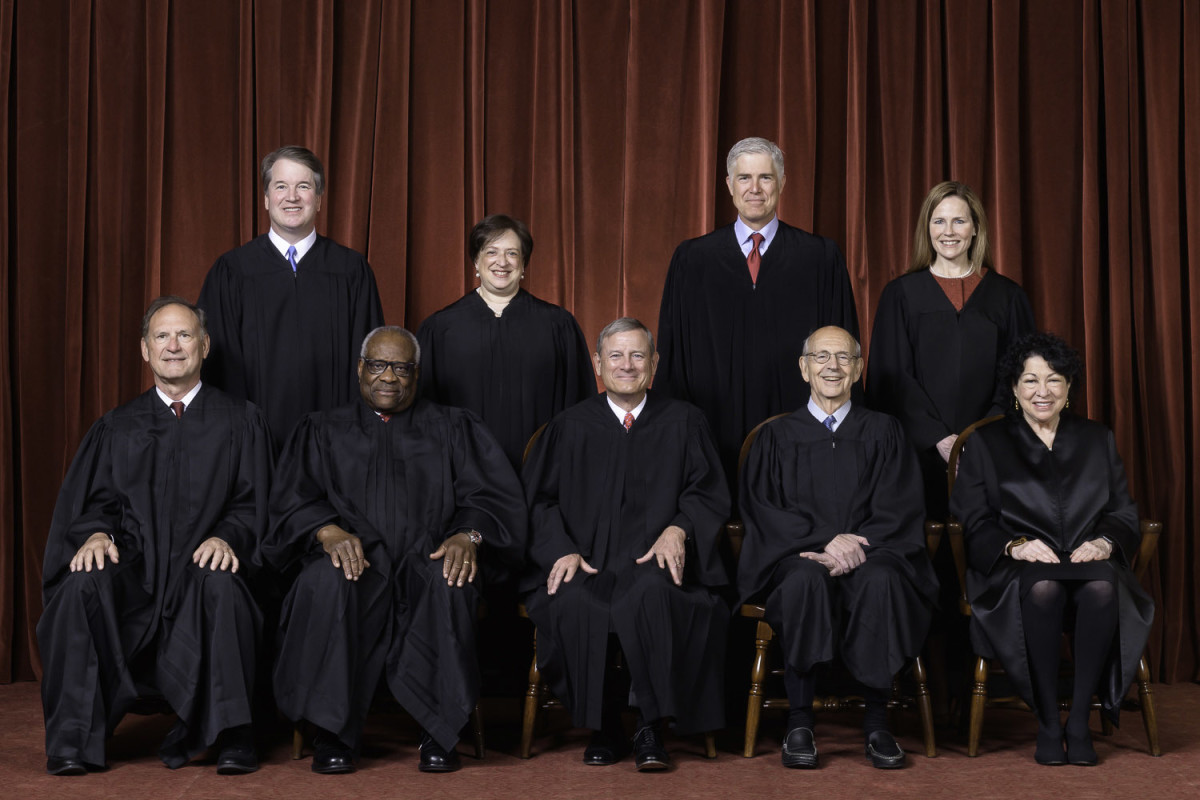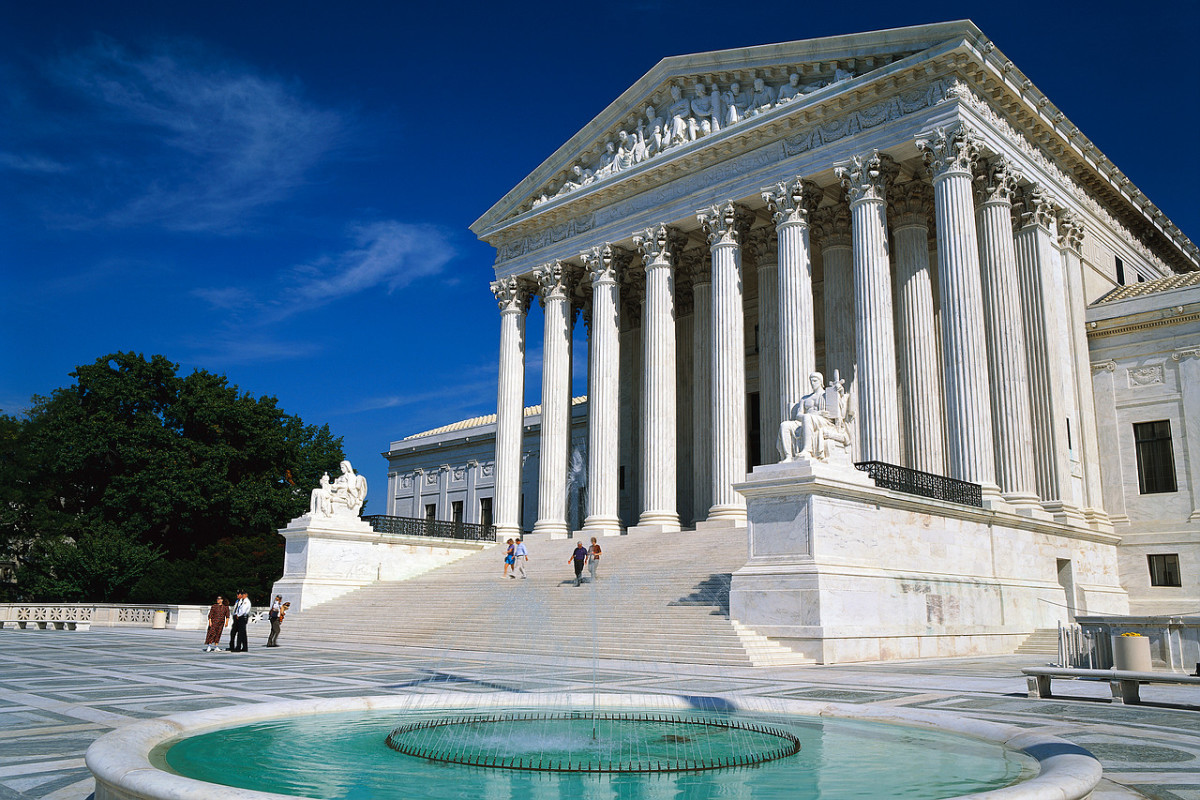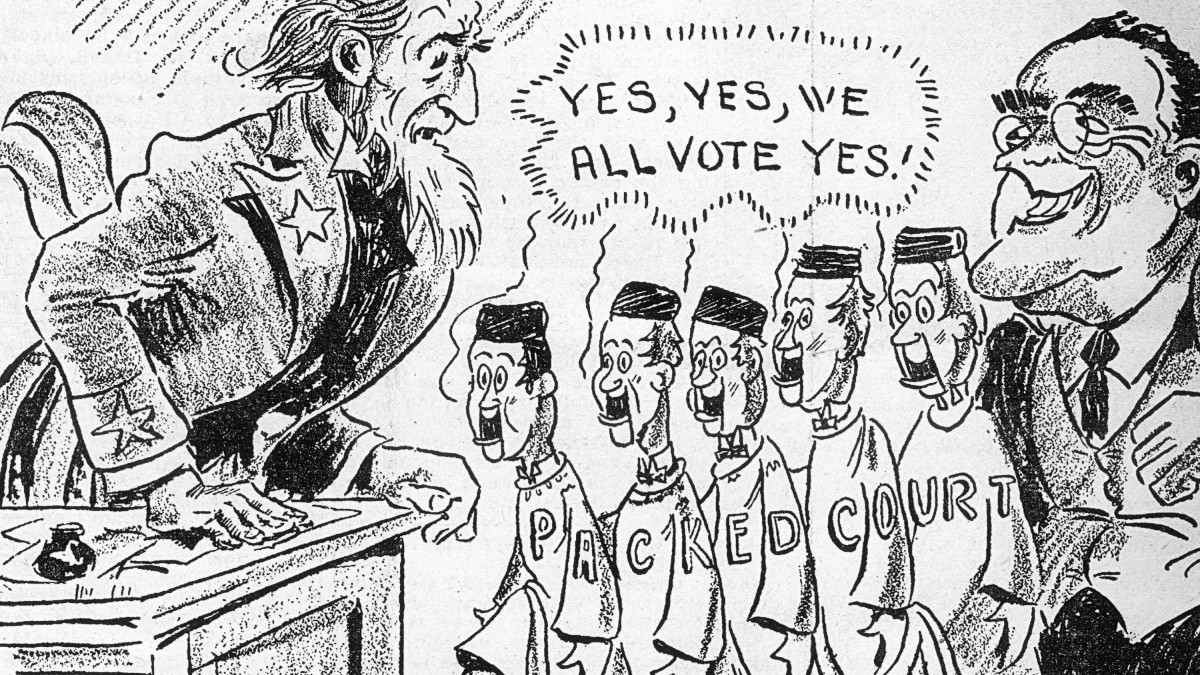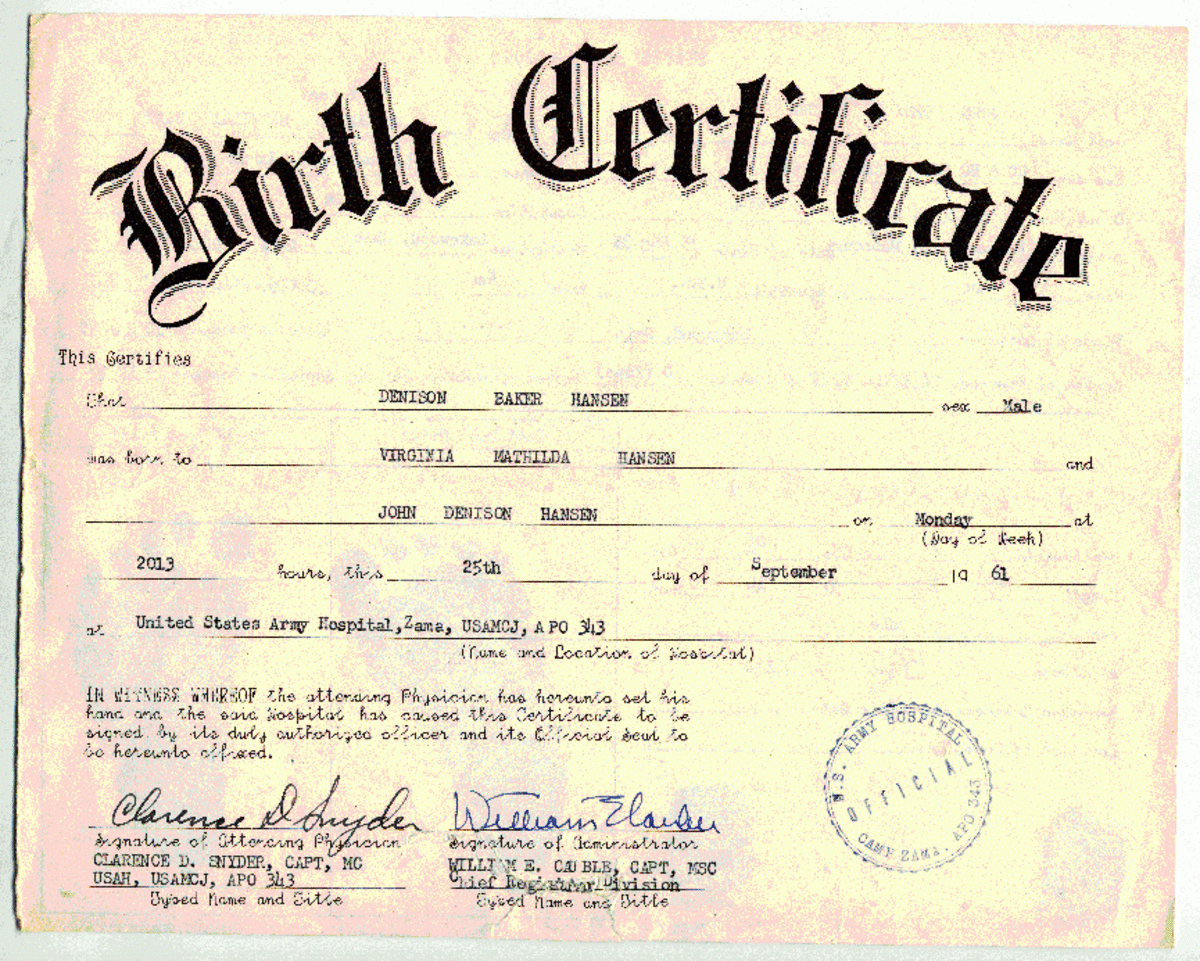Do I Have To Tell - Give My Name To A Police Officer? Do I Have To Carry An Identification Card?
"Show me your papers"
Does the United States Constitution give American Citizens the Right to refuse a Police Officers request to identify themselves? There is a Supreme Court decision that upheld a Nevada Law which makes the denying of providing Identification to be a criminal offense. Seen as a benefit to Law Enforcement and Anti Terrorism agencies, this Law makes it mandatory to identify yourself to a Police Officer upon request.
Hiibel v. Sixth Judicial District Court of Nevada, the U.S. Supreme Court upheld the conviction of Larry Dudley Hiibel.
Mr. Hibel was charged with the violation of a Nevada Statute which requires that "persons" which have been detained due to a reasonable suspicion of criminal activity be compelled to identify their "person" to Law Enforcement Agents.
Mr. Hibel made the claim that he had broken no Laws and that the Police Officers had mistaken him for another person. Due to this thought, Mr. Hibel did not feel he had a requirement to identify his "person" to the Police.
The Court came to the conclusion that Mr. Hibels Fourth Amendment Rights to be safe from unreasonable searches and seizures had not been violated. The Court also made the conclusion that Mr. Hibels Fifth Amendment Rights against self incrimination was also not violated.

Civil libertarians view this decision as a considerable impediment to the Rights of the individual. What these Libertarians fear is the gradual expansion of the Law. Will it lead to a Law which would require the issuance of a National Identification Card?
Will it lead the Police to conduct Identity stings for profiling potential terrorists at public places? Could this all make us submit to mandatory identity checks? When you are walking down the street, going to public events or trying to travel through public transportation, will you be forced to "show your papers" at the whim of any Law Enforcement Officer?
Will this lead the Police to test the boundaries of the Law by demanding more information from the individual? Will the Police be making arrests when the information requested is not provided?
Where does an individuals identification end? Will you also be arrested if you do not provide an address? Does this decision open the door to the end of the Fourth and Fifth Amendment?
As of now you are only required to give Police Officers your name. Could this change?
Hibel Arrest for Refusing To ID US Supreme Court 2004 Police Chief Magazine no ID Arrest
Mr. Hibels Arrest!
The video above shows the Police - Citizen encounter involving Mr. Hibel. This is the arrest which led to the Supreme Court ruling that telling your name to a Police Officer upon request is mandatory. After watching the video, you can make your own conclusions as to the Constitutionality of the Law.
What is your opinion?
Is it a Violation of an individuals Rights to be forced through threat of a criminal charge to identify their person to a Police Officer upon request?
What about my Rights?
The issue of identifying suspects is one of the main demands for the "war on terror". Government Agencies that are involved in this "war on terror" use these identification demands to continue this "war". The problem with this is the chance that there will be new demands required as the Law is expanded.
This is the first decision by the Supreme Court involving a provision which would compel citizens to divulge any information in a police and citizen confrontation which may lead to a further Police Investigation.
In a 5 to 4 decision, the Supreme Court has declared that being forced to identify themselves would not violate Fourth Amendment's right to privacy nor the Fifth Amendments guarantee against self-incrimination. The Fifth Amendment has stopped any of the States from passing Laws requiring an individual to divulge their identity. Until now!
The Supreme Court Justices have come to the conclusion that providing a "name" to a Police Officer upon request is not an intrusion. A suspect has not had their Rights violated by these actions.
Justice Anthony Kennedy wrote for the majority, "One's identity is, by definition, unique; yet it is, in another sense, a universal characteristic." he went on to write . "Answering a request to disclose a name is likely to be so insignificant in the scheme of things as to be incriminating only in unusual circumstances."
Justice Kennedy also made the statement that if another case were to come before the Court in which providing an identity is used to implicate and convict a suspect on another charge then the issue should be revisited.
The other Justices that agreed with Justice Kennedy in a majority opinion were Chief Justice William Rehnquist and Justices Sandra Day O'Connor, Antonin Scalia, and Clarence Thomas.
Dont Talk to Police
What about the Justices that provided a dissenting opinion?
In his dissent, Justice John Paul Stevens stated that the Fifth Amendment Right to not provide self incriminating evidence must always protect a suspect from interrogation by the Police. Through the Nevada Statute itself, Police may only make demands of identification on an individual suspected of criminal activity. Also, any person who is a criminal suspect must retain the Right to remain silent by not being forced to make any statements that would incriminate themselves.
Justice Stevens says, "The court reasons that we should not assume the disclosure of a petitioner's name would be used to incriminate him," Justice Stevens also stated. "But why else would an Officer ask for it?"
Justice Stevens also stated in his dissent, "A name can provide the key to a broad array of information about a "person", particularly in the hands of a police officer with access to a range of law enforcement databases."
Back to the Hiibel v. Sixth Judicial District Court of Nevada, the U.S. Supreme Court case.
This decision came about due to a case involving Larry Hiibel. Mr. Hibel was placed under arrest in May 2000 after he denied to comply with a Deputy Sheriff's redundant demands that he provide identification of some kind.
This face off occurred on the side of the road in Humboldt County, Nevada. The Sheriffs Department had received a complaint of a man assaulting a woman within a pickup truck. When the Sheriff arrived at the scene he found Mr. Hibel standing outside of a pickup truck. The truck was parked on the side of the road. Inside the truck was Mr. Hibels daughter.
Mr. Hibel was asked to identify himself eleven times by the Deputy Sheriff. Mr. Hibel refused each time using his innocence as an excuse to not tell the Sheriff his name. He was then placed under arrest using the Nevada Law that Police may detain a suspect for up to sixty minutes to persuade them to identify themselves.
Mr. Hibel still refused to cooperate. At that point he was charged and ultimately convicted of violations of the Mandatory Identity Law. This was a misdemeanor conviction which is punishable by up to a six month incarceration. He appealed the case to the State Appeals Court as well as the Nevada Supreme Court which upheld the conviction.
By upholding the conviction as well as the Mandatory Identity Disclosure Law, the Majority Justices made the statement that the Law requires that a suspect identify themselves by telling the Police their name only. The Court came to the conclusion that producing a drivers license or any other document for identity purposes is not a requirement.
When Do I Have to Show Police ID?
Do I Have To Reveal My Name To A Police Officer?
According to the Supreme Court decision in the Hibel case, the answer is yes. You can be compelled to tell a Police Officer your name. The only way to get around the identity question is to make a decision concerning your predicament during a Police encounter. You may ask the Officer if you are free to leave. If the Officer tells you "yes", you are free to leave, then you may simply leave.
The Officer will then have to decide if:
(1) you are not under suspicion of criminal activity and do not need to tell the Officer your name and may leave. Or:
(2) you are suspected of Criminal Activity and placed under arrest or otherwise detained.
If you are placed under arrest then it will be easier for you to just tell the Officers your name to avoid further charges.
Do I Have To Carry An Identification Card?
No, you are not currently required to have a "paper" ID on your person.
Advice
I want to thank my readers for continuing to support my work. Without all of you I would have no ambition to continue my pursuit of TRUTH. I would also like to remind my readers that I am not giving any Legal Advice. I am not qualified to engage in that kind of activity. I am merely trying to provide you with enough information for you to be able to come to your own conclusions.
Any decision you make will be your responsibility alone. Educate yourself and Know Your Rights!
Exercise these Rights, as they are yours. You do have to endure the consequences of your actions so make sure your decisions are made through a knowledgeable perspective of your situation.
Once again Thank You all for reading, I hope you have received the answers you were seeking. Stand your ground, be true to yourself and never allow anyone to trample on your Rights unimpeded!
Disclaimer
The materials available on this hub are for informational purposes only and not for the purpose of providing legal advice. You should contact your attorney to obtain advice with respect to any particular issue or problem. All materiel are copyrighted properties of the author and may not be used without permission of the author.
To read more articles by Reality Bytes!

